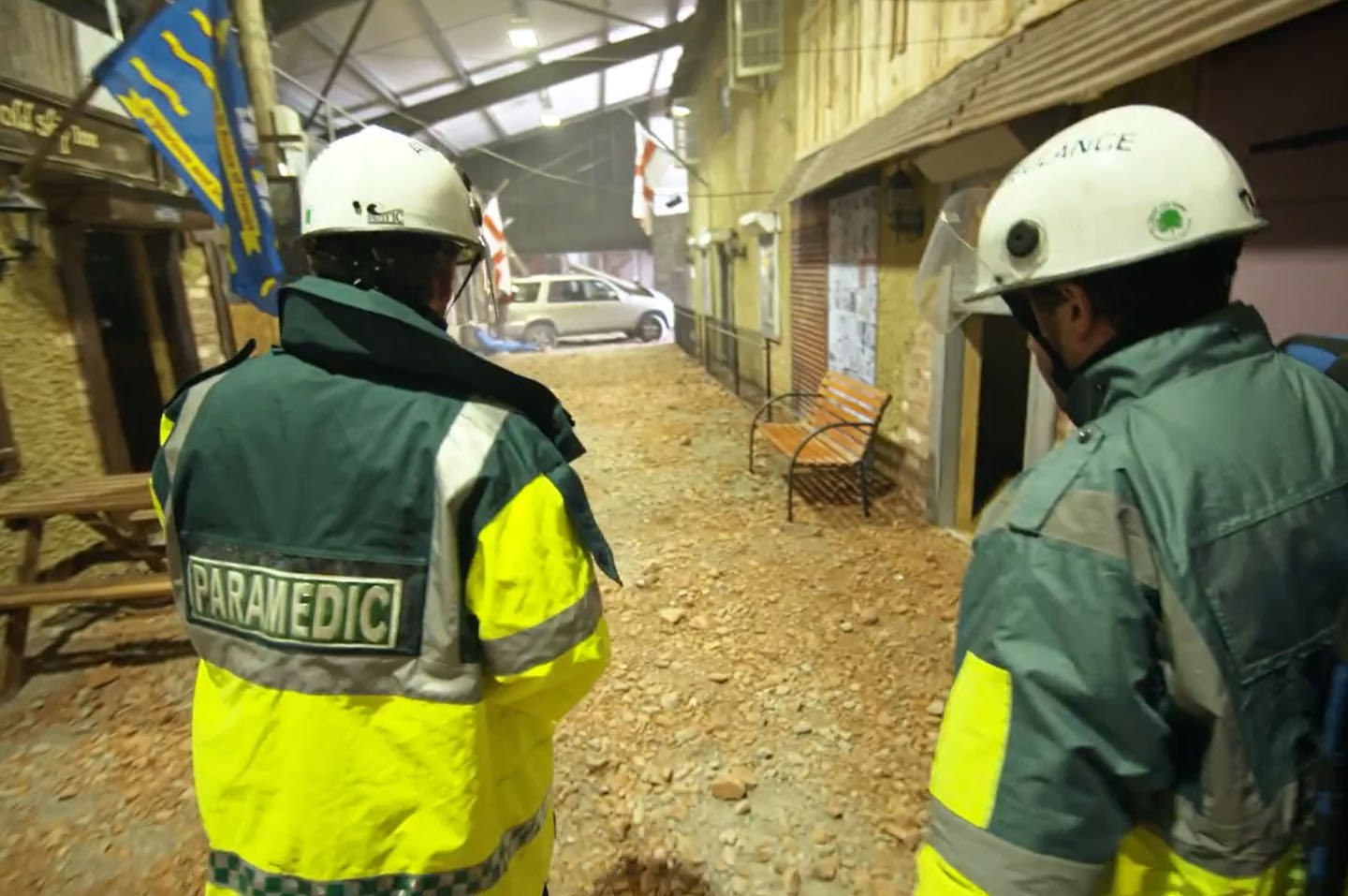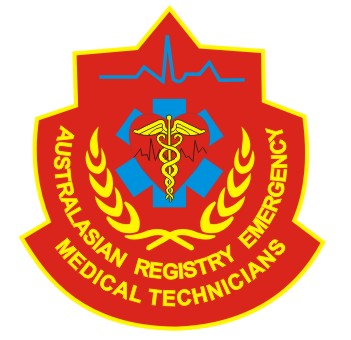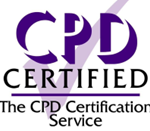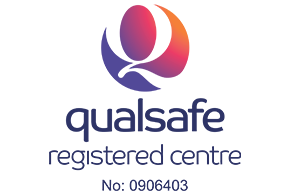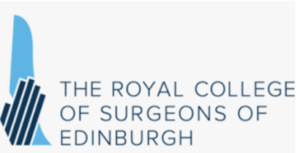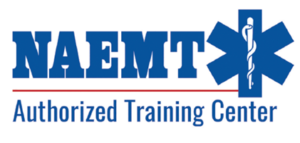Level 4 Certificate in First Response Emergency Care (RQF)
The QA Level 4 Certificate in First Response Emergency Care (RQF) is a regulated and nationally recognised prehospital care qualification specifically designed for those looking to work within the NHS or private ambulance services as an emergency care assistant, intermediate ambulance practitioner, event medical provider, associate practitioner, or healthcare assistant. It is also ideal for those looking to work within specialist roles in the military, police and fire services.
Applicants must have completed the QA Level 3 Certificate in First Response Emergency Care (RQF) to undertake this course. This qualification provides learners with a wider scope of practice in prehospital care emergencies, allowing for greater employment opportunities. It also forms part of a progressive suite of prehospital care qualifications that lead to the QA Level 6 Diploma in Paramedic Practice (RQF).
The course is run over 5 days , fulfilling the competencies set out in the PHEM skills framework at descriptor level E, this qualification provides learners with the knowledge and skills needed to be able to respond to a wide range of prehospital care emergencies, such as: major incidents, fracture immobilisation, sick and injured children, mental health crisis and more.
Course Objectives
- Initial patient assessment
- Physiological observations
- Anatomy and physiology
- Heart disease
- Electrocardiogram application and monitoring
- Managing a patient’s airway – supraglottic airways
- Medical gases – including dosages and administration.
- Thoracic trauma
- Sepsis
- Maternity care
- Respiratory disorders and infections
- Mechanisms of injury and kinetics
- Triage
- Full body and limb immobilisation
- Sexual assault
- Major incidents
- Psychosocial development in children
- Emergency care for sick and injured children
- Mental health crisis
- Assisting the clinician with clinical interventions
On completion of the course delivery, each learner requires to complete 3 x Qualsafe workbooks which are to be submitted within an agreed time scale following the course.
Description
The QA Level 4 Certificate in First Response Emergency Care (RQF) is a regulated and nationally recognised pre-hospital care qualification. The course is specifically designed for those looking to work within the NHS or private ambulance services as an emergency care assistant, intermediate ambulance practitioner, event medical provider, associate practitioner, or healthcare assistant. It is also ideal for those looking to work within specialist roles in the military, police and fire services.
Applicants must have completed the QA Level 3 Certificate in First Response Emergency Care (RQF) to undertake this course. This qualification provides learners with a wider scope of practice in pre-hospital care emergencies, allowing for greater employment opportunities. It also forms part of a progressive suite of pre-hospital care qualifications that lead to the QA Level 6 Diploma in Paramedic Practice (RQF).
The course is run over 5 days, fulfilling the competencies set out in the PHEM skills framework at descriptor level E, this qualification provides learners with the knowledge and skills needed to be able to respond to a wide range of pre-hospital care emergencies, such as: major incidents, fracture immobilisation, sick and injured children, mental health crisis and more.
COURSE DURATION: 5 Days
LOCATION: Courses can be delivered at our UK immersive training centre and at clients’ facilities internationally.
PRE-REQUISITES: QA Level 3 Certificate in First Response Emergency Care (RQF)
QUALIFICATION: QA Level 4 Certificate in First Response Emergency Care (RQF)
Related products
-
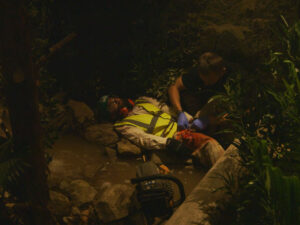
Medicine in Remote Areas (MIRA)
Select options This product has multiple variants. The options may be chosen on the product page -
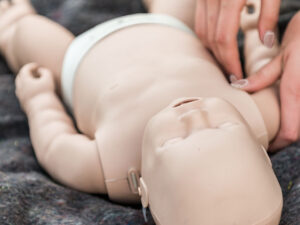
Level 3 Award in Emergency Paediatric First Aid
Read more -

Level 3 Award in Education and Training (RQF)
Read more

